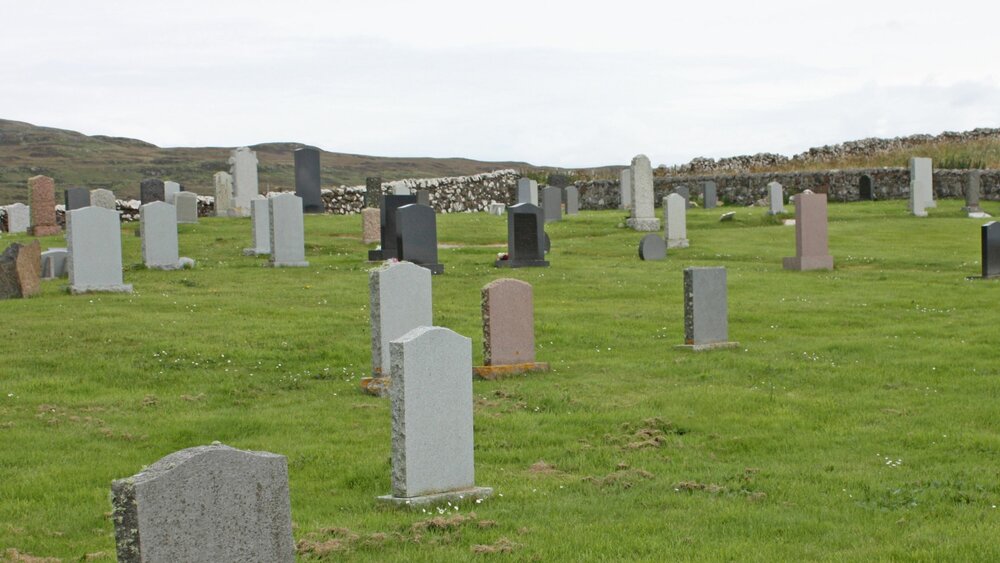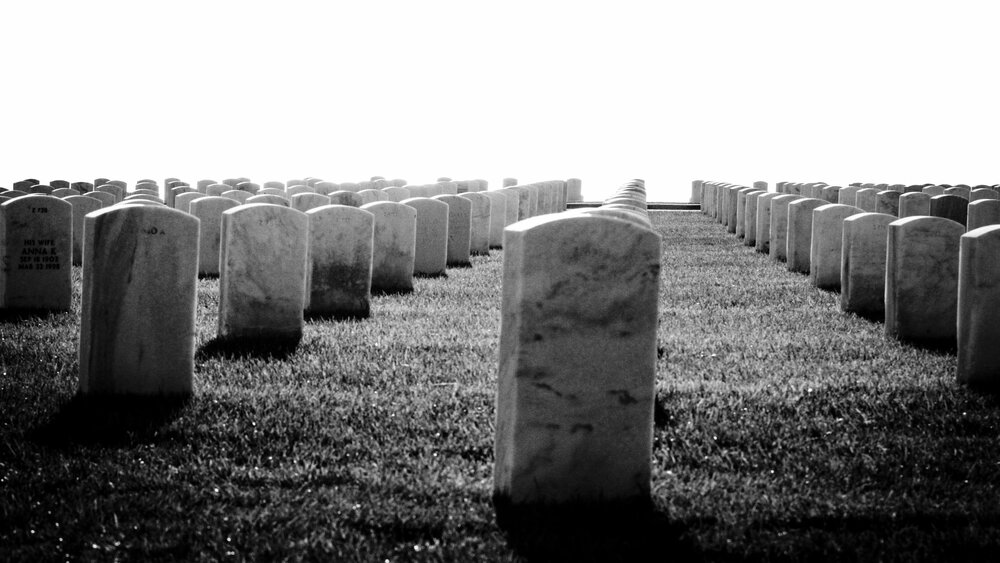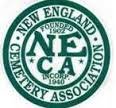Choosing Burial Without Embalming: What You Need to Know Before Making a Decision
When planning a funeral or making end-of-life decisions, one of the key choices is whether or not to embalm the body before burial. Embalming is often viewed as a standard procedure in the funeral industry, but many individuals wonder if it’s truly necessary. If you’re considering opting for a burial without embalming, this comprehensive guide will provide you with the essential information needed to make an informed decision.
What is Embalming?
Embalming is a process designed to temporarily preserve a deceased body. The primary aim of embalming is to delay decomposition and maintain the appearance of the body for viewing during funeral services. The procedure involves injecting a chemical solution, usually containing formaldehyde, into the arterial system. This solution helps to preserve the body and slow the natural decomposition process.
The embalming process generally involves several steps:
- Preparation of the Body: The body is first washed and disinfected.
- Injection of Embalming Fluid: Formaldehyde or other chemical solutions are injected into the arteries and veins to preserve tissues.
- Cavity Treatment: Fluids from the body’s internal organs are removed and replaced with preservative chemicals.
- Restoration: The body may be cosmetically treated to enhance its appearance.
Can You Choose to be Buried Without Being Embalmed?
Yes, you can choose to be buried without embalming. While embalming is a common practice in many areas, it is not legally mandated in most places. The decision to embalm is often guided by cultural, religious, and personal preferences rather than legal requirements.
Legal Considerations and Regulations
In many jurisdictions, there are no laws requiring embalming before burial. However, regulations can vary depending on local and state laws. For instance, in some states or countries, embalming might be required if there is a delay between the time of death and burial, or if the body is being transported over long distances. It’s crucial to check the specific regulations in your area. Consult with a funeral home or legal expert to ensure compliance with local laws.
The Impact of Skipping Embalming
Opting out of embalming can have several implications, which are important to consider:
- Decomposition: Without embalming, the natural decomposition process begins sooner. Bodies decompose more quickly without the chemical preservation provided by embalming. This may necessitate a quicker burial to prevent significant deterioration.
- Funeral Services: If you plan to have an open-casket viewing or wake, skipping embalming may affect how long the body can be displayed. Some funeral homes may not offer open-casket services without embalming due to concerns about the body’s appearance over time.
- Cost: A significant benefit of forgoing embalming is cost savings. Embalming services can be expensive, and choosing not to embalm can reduce the overall cost of funeral arrangements.
- Environmental Impact: For those concerned about environmental issues, skipping embalming can be a more eco-friendly choice. Embalming fluids contain chemicals that can be harmful to the environment. By opting out of embalming, you reduce the use of these chemicals, which may be aligned with green burial practices.
Alternative Preservation Methods
If you choose not to embalm, there are several alternative preservation methods to consider:
- Refrigeration: Refrigeration is a common alternative to embalming. It helps to slow down the decomposition process by maintaining a cool temperature. Many funeral homes offer refrigeration services for bodies awaiting burial, providing a temporary preservation solution.
- Dry Ice: Dry ice can also be used to temporarily preserve the body. It helps to keep the body cold and slow decomposition, though it’s generally a short-term solution. Dry ice can be effective for a limited time, such as during transportation or between death and burial.
- Natural Burial: Natural burial, also known as green burial, avoids embalming and uses biodegradable caskets. This method focuses on returning the body to the earth in an environmentally friendly way, promoting sustainability and reducing the environmental impact of funeral practices.
Cultural and Religious Perspectives
Different cultures and religions have varying practices and beliefs regarding embalming:
- Christianity: Views on embalming can vary widely among Christian denominations. Some Christian groups accept embalming as part of the funeral process, while others may prefer natural burial. The decision often depends on personal or denominational beliefs about the preservation of the body and the afterlife.
- Judaism: Traditional Jewish practices typically prohibit embalming. The body is usually buried as soon as possible after death, often within 24 hours. Jewish law emphasizes prompt burial and natural preservation methods, avoiding the use of chemical embalming fluids.
- Islam: In Islam, embalming is generally not practiced. The body is washed, wrapped in a simple shroud, and buried promptly. Islamic funeral practices emphasize simplicity and adherence to religious guidelines for handling the deceased.
- Hinduism: Hindus generally do not embalm the body. Cremation is more common in Hindu traditions, but if burial is chosen, it is typically done without embalming. Hindu rituals focus on the liberation of the soul and returning the body to nature.
Making the Decision
Deciding whether to embalm or not is a deeply personal choice. Consider the following factors:
- Personal Preferences: Reflect on what is important to you or the deceased. Some individuals prefer the appearance and preservation that embalming provides, while others value natural burial practices and environmental considerations.
- Family Wishes: It’s important to discuss the choice with family members. Ensuring that everyone is in agreement can help prevent conflicts and ensure that the deceased’s wishes are honored.
- Cost Considerations: If budget is a concern, skipping embalming can help reduce funeral costs. Be sure to explore all available options with your funeral director to understand how they may impact the overall expenses.
Steps to Take if You Choose to Skip Embalming 
If you decide to forgo embalming, follow these steps:
- Inform the Funeral Home: Clearly communicate your wishes to the funeral home. They can guide you through the available options and ensure that your preferences are accommodated.
- Plan Accordingly: Arrange for timely burial or alternative preservation methods to address any concerns about decomposition. This may involve coordinating with the funeral home for refrigeration or other preservation techniques.
- Review Legal Requirements: Ensure that you meet any local regulations related to burial without embalming. Verify with local authorities or a funeral director to ensure compliance with any applicable laws.
- Discuss with Family: Make sure that all family members are informed about the decision and understand its implications. Open communication can help facilitate the planning process and address any concerns.
Conclusion 
Choosing to be buried without embalming is a valid and personal decision. While it may not be the most common choice, it can be appropriate for various reasons, including cost, environmental concerns, and personal or cultural beliefs. By understanding the implications and exploring alternative preservation methods, you can make an informed decision that aligns with your values and needs.
If you have further questions or need assistance, consult with a funeral director or legal expert who can provide personalized advice based on your situation. Making informed decisions about end-of-life arrangements can help ensure that your preferences are respected and that the process is handled with care and consideration.
For additional information - please call Willowbrook Cemetery. Our team can help you select a peaceful final resting place for your cherished one at our cemetery. You can contact us via this form or number on this page.





Comments